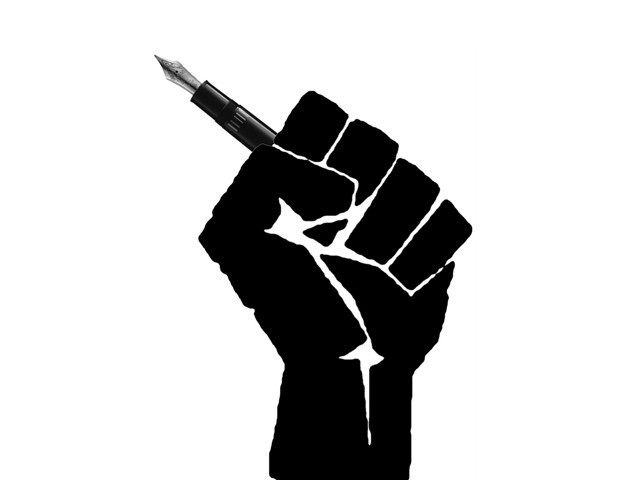Media Rights Agenda (MRA) has officially launched a comprehensive guide titled “Leveraging Digital Tools for Journalism Practice,” aimed at equipping journalists and media professionals with essential knowledge for modern reporting, investigation, and storytelling.
Authored by MRA’s Programme Officer, Ms. Ayomide Eweje, the 164-page publication identifies and explains dozens of digital tools and technologies designed to enhance every stage of journalistic work—from news gathering and processing to dissemination. It also outlines critical tools for protecting journalists, their sources, devices, and sensitive materials.
In a statement issued in Lagos, Eweje said the guide is a direct response to the realities of journalism in the digital age. “It offers practical, hands-on information about various digital tools to help journalists navigate today’s fast-paced media environment,” she said.
The guide covers tools for news gathering, fact-checking, cybersecurity, multimedia storytelling, audience engagement, combating misinformation and disinformation, and addressing online harassment and surveillance.
According to Eweje, the goal is to empower journalists not only to survive but to lead and innovate in their field while safeguarding their rights and ensuring the integrity of their work.
She noted that traditional journalism methods have been significantly transformed by a wide array of digital tools that support real-time communication, investigative research, verification, and storytelling. These tools have enabled journalists to report from remote locations and engage with audiences in unprecedented ways. However, they also present new challenges—including concerns about data privacy, online abuse, and the need for greater digital literacy.
“As journalism evolves, so must the knowledge, skills, and tools of its practitioners,” she said, urging journalists to utilise the guide and build their digital capacity.
Eweje also called on media organisations to invest in digital literacy training and support their staff in acquiring necessary tools, noting that some resources may not be freely available.
In the preface to the publication, MRA’s Executive Director, Mr. Edetaen Ojo, described the digital era as one of both immense opportunities and serious challenges. These range from the ability to report in real time and reach global or marginalised audiences, to navigating threats such as surveillance, online harassment, misinformation, and censorship.
Ms. Eweje said the guide will be distributed to media organisations, journalism schools, and media development bodies across Nigeria and the African continent. It will also be available for download on MRA’s official website.















